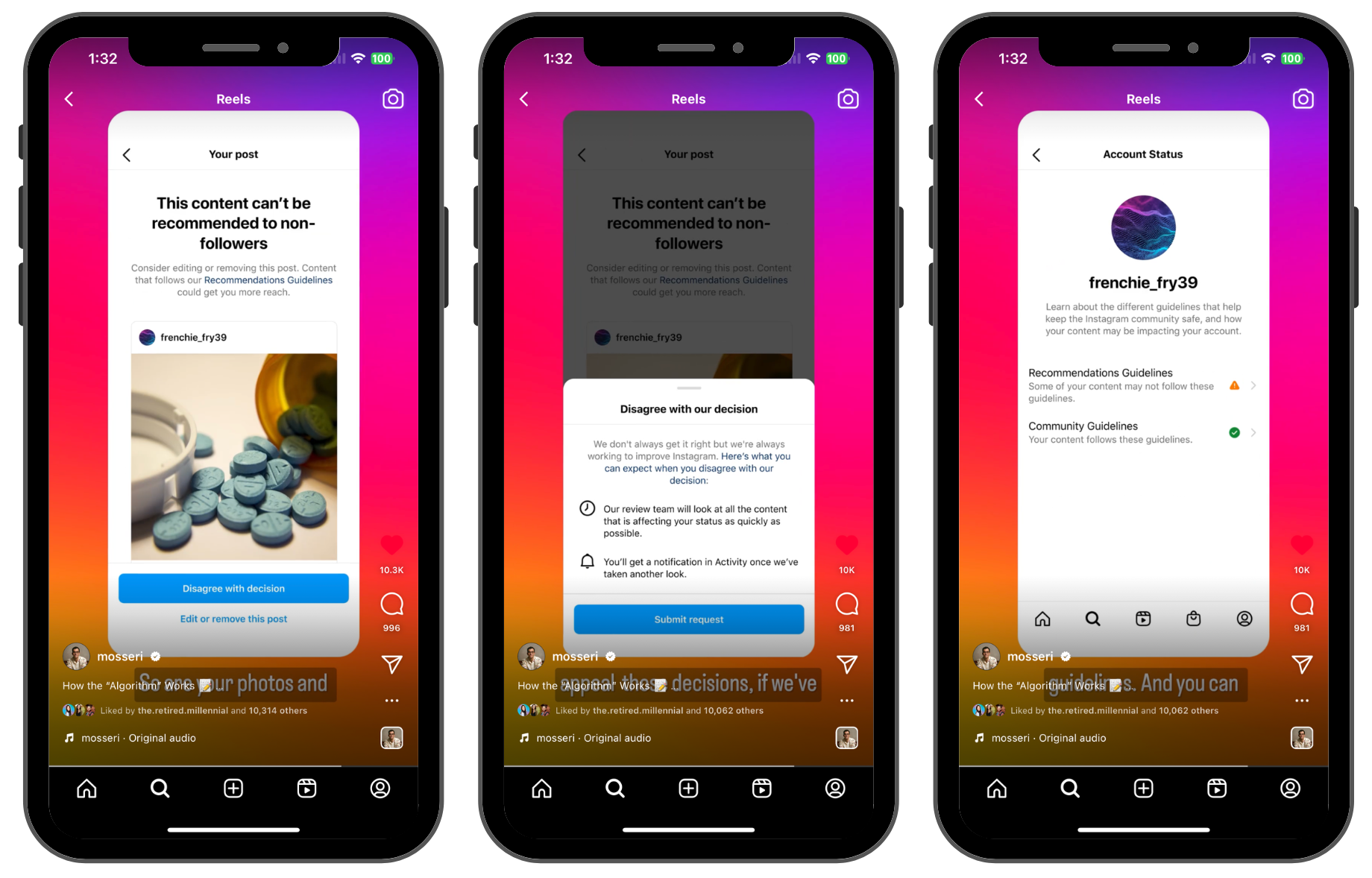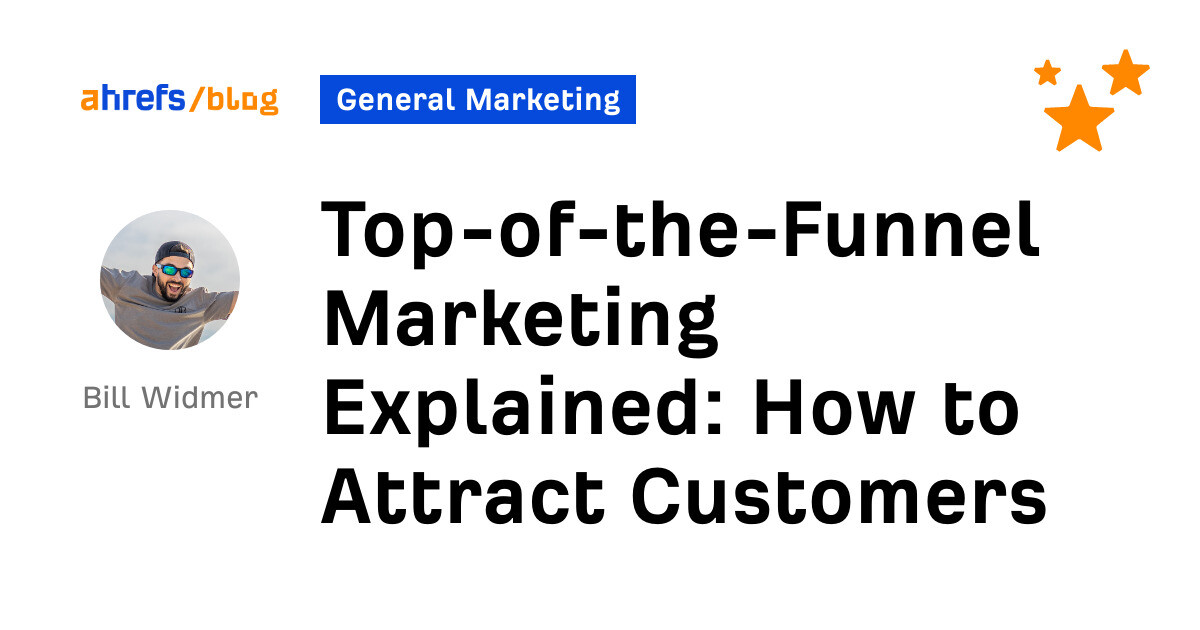Adam Mosseri, CEO of Instagram, released a new video and blog post explaining how the Instagram algorithm works for Stories, Feeds, Reels, and Explore.
In addition to ranking, it contains more information about shadowbanning, reviewing your account status, and best practices for growing an Instagram audience.
The following is an update to the original video about the Instagram algorithm from 2021.
It’s More Than One Algorithm
The first point Mosseri makes is that the Instagram algorithm is not one algorithm but rather many algorithms and processes that work together to personalize the content each Instagram user sees.
Why does Instagram employ algorithms? Because each individual is different, each Instagram user should see content that matches their interests.
This is what Instagram hopes to achieve through ranking – a personalized experience that keeps users engaged with the Instagram platform for more extended periods of time.
Ranking Stories: How The Instagram Stories Algorithm Works
When you open the Instagram app, the first thing you see at the top is a row of the latest Stories from accounts you follow.
To determine which Stories appear first, Instagram analyzes all of the Stories by those you follow from the last 24 hours. The goal is to decide which Stories you will most likely be interested in through proxies (guesses).
Instagram wants to predict which stories you will likely open, reply to, react to, or like.
To make these predictions, Instagram uses signals – previous interactions you’ve had with Stories. The top signals that affect the order of Stories in your Instagram app include the following:
- How often you view Stories from an author (account/creator).
- How frequently you interact with Stories from an author.
- How close you are to an author based on how many times you’ve messaged them.
Instagram hopes that ranking Stories through personalized proxies, signals, and predictions will ultimately place Stories first from the people you care about most.
Ranking The Feed: How The Instagram Feed Algorithm Works
The Instagram Feed aims to catch users up with the best content posted since they last used the app.
It will include a mix of content from those you follow, and Instagram accounts you might be interested in based on a series of predictions.
These predictions are based on the following top signals:
- How likely you are to comment, like, or share the post
- How likely you are to tap on the profile.
- How much time you are likely to spend on the post.
Instagram uses your history of interactions, the popularity of the post, information about the author, and how often you’ve interacted with the author to determine the order in which content appears.
You can shape the content of your Feed by designating your favorite accounts, which would place posts from those accounts at the top of the Feed. You can also switch to the Following Feed, which will only show posts from accounts you follow chronologically.
Ranking Reels: How The Instagram Reels Algorithm Works
The goal of Instagram Reels is to entertain users. Instagram serves Reels primarily from accounts you do not follow.
First, Instagram looks at the Reels you have interacted with in the past and Reels liked by other users similar to you.
Next, it guesses which Reels you will most likely watch until the end, share with friends, or visit the audio page for your content creation efforts.
To make these guesses, Instagram uses signals like the history of the Reels you’ve watched, information about the Reel, information about the author of the Reel, and how often you’ve interacted with the author.
This is combined to create an immersive, entertaining, and delightful tab.
Ranking Explore: How The Instagram Explore Algorithm Works
Like Reels, Instagram Explore aims to serve the best content from accounts you do not follow to help you discover new things to be interested in on Instagram.
Instagram predicts the posts you will likely like, save, or share.
It uses signals like the post’s popularity, topics you tend to be interested in, information about the author, and how often you’ve interacted with the author.
Shadowbanning And Account Statuses
In addition to explaining how ranking works in various areas of Instagram, Mosseri also wanted to discuss shadowbanning and debunk a popular myth about it.
Some Creators believe they have been shadowbanned when their content does not receive the expected or desired reach.
While there is speculation that Instagram reduces the reach of accounts to “encourage” them to pay for advertising, Mosseri claims that is a myth.
He explained that it is in Instagram’s best interest to connect people to the most exciting content possible to increase time spent on the app and, ultimately, increase advertising revenue.
To help users, Instagram created an Account Status section that describes any reasons that Instagram may have to limit an account’s visibility on the platform.
 Screenshot from Instagram, May 2023
Screenshot from Instagram, May 2023How To Grow Your Instagram Audience
Mosseri concluded the video by sharing the following best practices to help you grow your audience and reach on Instagram.
- Because every Creator and audience is different, it’s important to experiment to see what content will drive the most engagement from your audience.
- Use Insights to reveal trends that will allow you to improve the overall quality and user engagement with your content.
- Collaborate with other popular Creators in your niche to reach new audiences with original content.
- Review your Account Status to ensure you’ve taken the steps necessary to follow Community Guidelines and remove any limitations to your visibility.
- Aim to create original content as opposed to aggregating content from others.
Have questions? Mosseri invites Instagram followers to participate in regular AMAs about Instagram via Stories.
Featured image: Kaspars Grinvalds/Shutterstock



